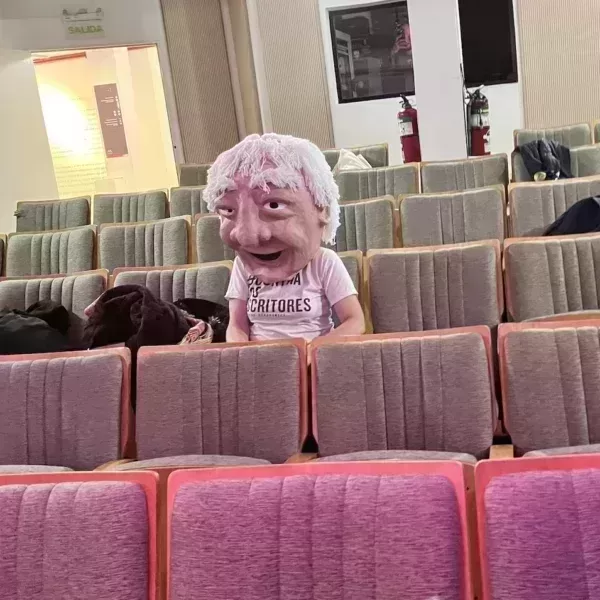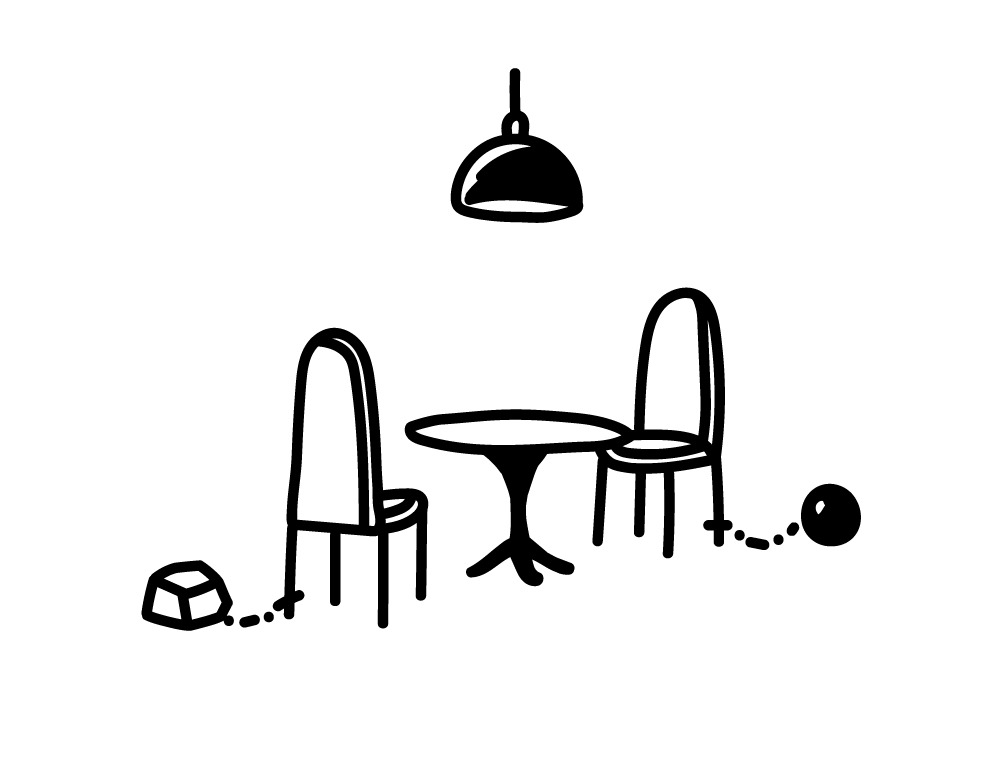Literature
-
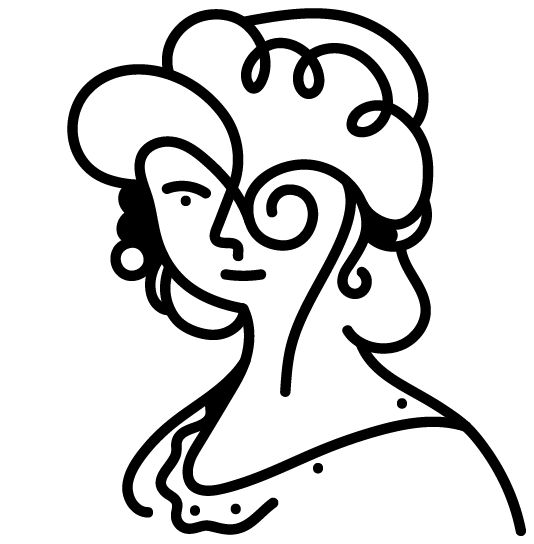
Needle & pen
published in
Jane Austen valued fashion as an intrinsic part of one’s character — whether in her own life or in a novel.
-
The Mothers Grimm
published in
What ties Gretel to her witch? Louise Glück’s poem Gretel in Darkness provides answers.
-
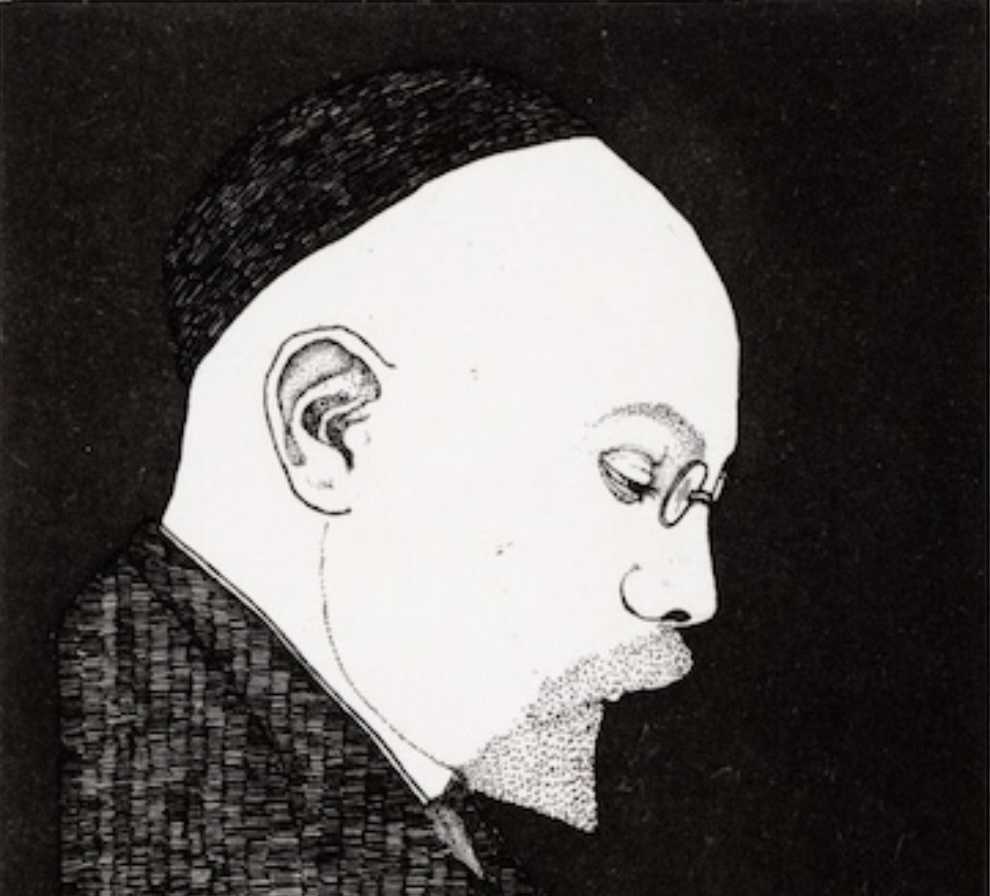
The size of longing
published in
On Jacob Israël de Haan’s Palestine and Arnold Zweig’s novel of post‑Zionist disillusionment
-

Ice queens, sex machines
published in
Insofar as erotica can ever be about something, what is Russia-themed erotica about?
-

Cannibalinguistics
published in
Language-learning and people-eating in Ayesha Manazir Siddiqi’s The Centre.
-

What an animal isn’t
published in
Two vastly different books — one a picaresque tale, the other a dystopian meditation — both recount a transition from human to animal or from animal to human.
-
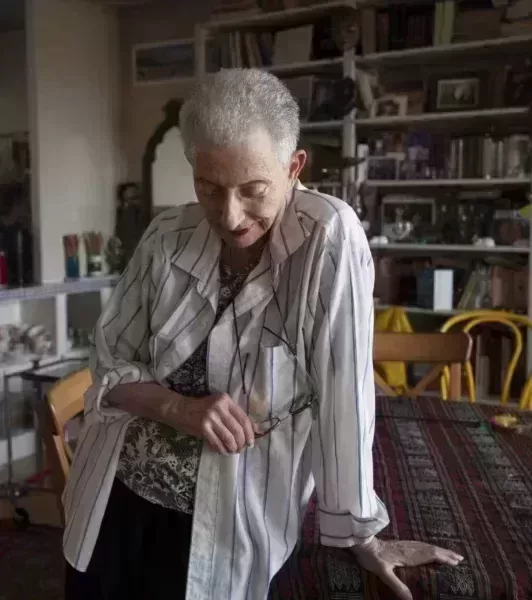
« Everything starts with fire » — Interview with Hélène Cixous
published in
« The smell was like the sharp notes of a trumpet, a sort of rat-tat-tat like a burst of gunfire, a bombardment. »
-
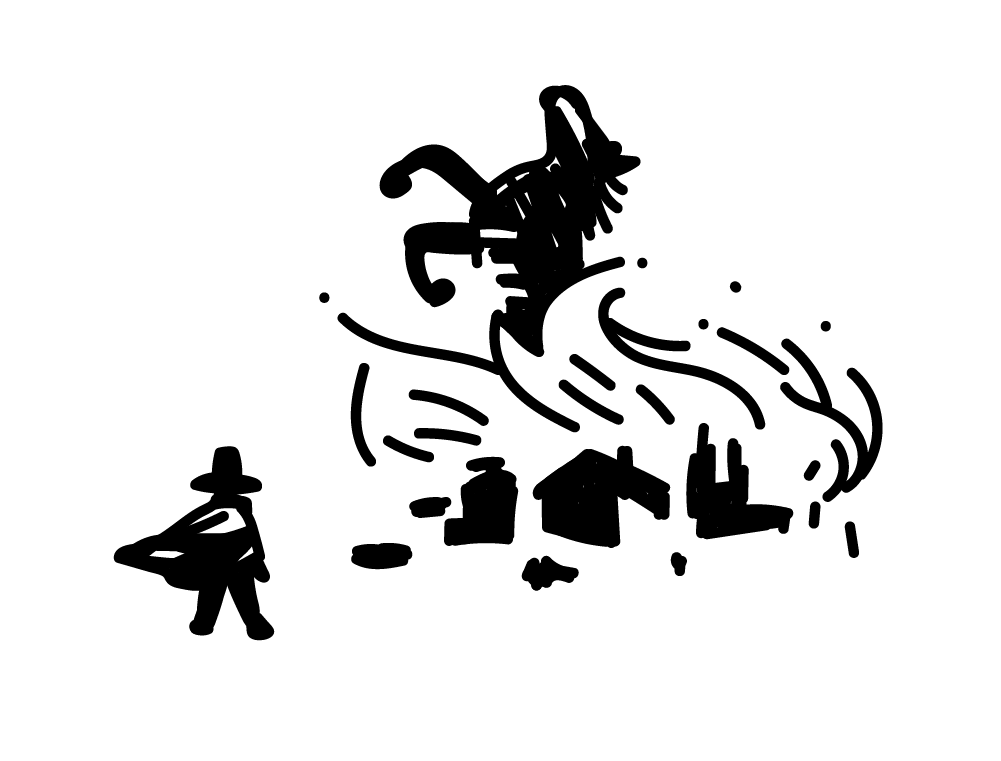
From the knacker’s yard
published in
On the fallen animals loved by Heinrich von Kleist & Curzio Malaparte.
-
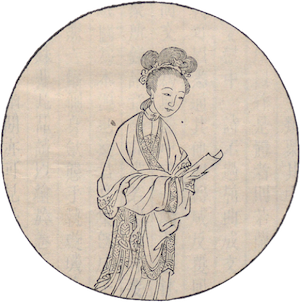
Two palindromes
published in
→ Setting of the Sun at West Mountain / Puffing & panting ←→ Worm-eaten Rimbaud / Always knowing whom ←
-

Forget your darlings
published in
On memory palaces, medieval and modern. A medieval woman’s life would not have taken the form of a straight line.
